African Union
The African Union's Continental AI Strategy sets the stage for a unified approach to AI governance across the continent.

Artificial intelligence (AI) has made enormous strides in recent years and has increasingly moved into the public consciousness.
Subscribe
We encourage you to subscribe to receive AI-related updates.
Explore Trendscape Our take on the interconnected global trends that are shaping the business climate for our clients.
Increases in computational power, coupled with advances in machine learning, have fueled the rapid rise of AI. This has brought enormous opportunities, as new AI applications have given rise to new ways of doing business. It has also brought potential risks, from unintended impacts on individuals (e.g., AI errors harming an individual's credit score or public reputation) to the risk of misuse of AI by malicious third parties (e.g., by manipulating AI systems to produce inaccurate or misleading output, or by using AI to create deepfakes).
Governments and regulatory bodies around the world have had to act quickly to try to ensure that their regulatory frameworks do not become obsolete. In addition, international organizations such as the G7, the UN, the Council of Europe and the OECD have responded to this technological shift by issuing their own AI frameworks. But they are all scrambling to stay abreast of technological developments, and already there are signs that emerging efforts to regulate AI will struggle to keep pace. In an effort to introduce some degree of international consensus, the UK government organized the first global AI Safety Summit in November 2023, with the aim of encouraging the safe and responsible development of AI around the world. The EU is also implementing the first comprehensive horizontal legal framework for the regulation of AI systems across EU Member States (the EU AI Act is addressed in more detail here: AI watch: Global regulatory tracker - European Union, and you can read our EU AI Act Handbook here).
Most jurisdictions have sought to strike a balance between encouraging AI innovation and investment, while at the same time attempting to create rules to protect against possible harms. However, jurisdictions around the world have taken substantially different approaches to achieving these goals, which has in turn increased the risk that businesses face from a fragmented and inconsistent AI regulatory environment. Nevertheless, certain trends are becoming clearer at this stage:
Businesses in almost all sectors need to keep a close eye on these developments to ensure that they are aware of the AI regulations and forthcoming trends, in order to identify new opportunities and new potential business risks. But even at this early stage, the inconsistent approaches each jurisdiction has taken to the core questions of how to regulate AI is clear. As a result, it appears that international businesses may face substantially different AI regulatory compliance challenges in different parts of the world. To that end, this AI Tracker is designed to provide businesses with an understanding of the state of play of AI regulations in the core markets in which they operate. It provides analysis of the approach that each jurisdiction has taken to AI regulation and provides helpful commentary on the likely direction of travel.
Because global AI regulations remain in a constant state of flux, this AI Tracker will develop over time, adding updates and new jurisdictions when appropriate. Stay tuned, as we continue to provide insights to help businesses navigate these ever-evolving issues.
The African Union's Continental AI Strategy sets the stage for a unified approach to AI governance across the continent.
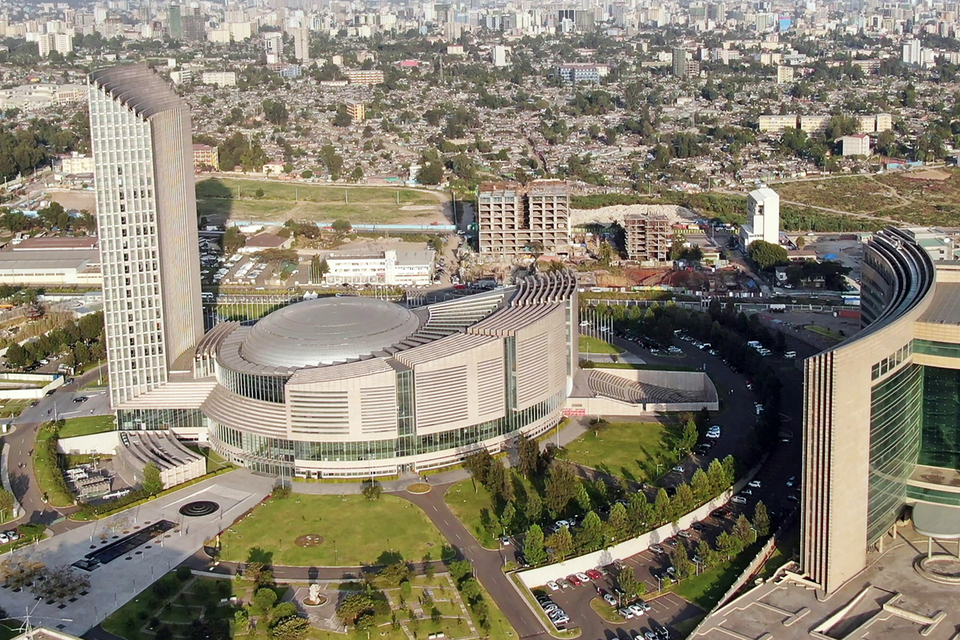
Voluntary AI Ethics Principles guide responsible AI development in Australia, with potential reforms under consideration.

The enactment of Brazil's proposed AI Regulation remains uncertain with compliance requirements pending review.

AIDA expected to regulate AI at the federal level in Canada but provincial legislatures have yet to be introduced.

The Interim AI Measures is China's first specific, administrative regulation on the management of generative AI services.

Despite congressional activity on AI in Colombia, regulation remains unclear and uncertain.

The Council of Europe is developing a new Convention on AI to safeguard human rights, democracy, and the rule of law in the digital space covering governance, accountability and risk assessment.
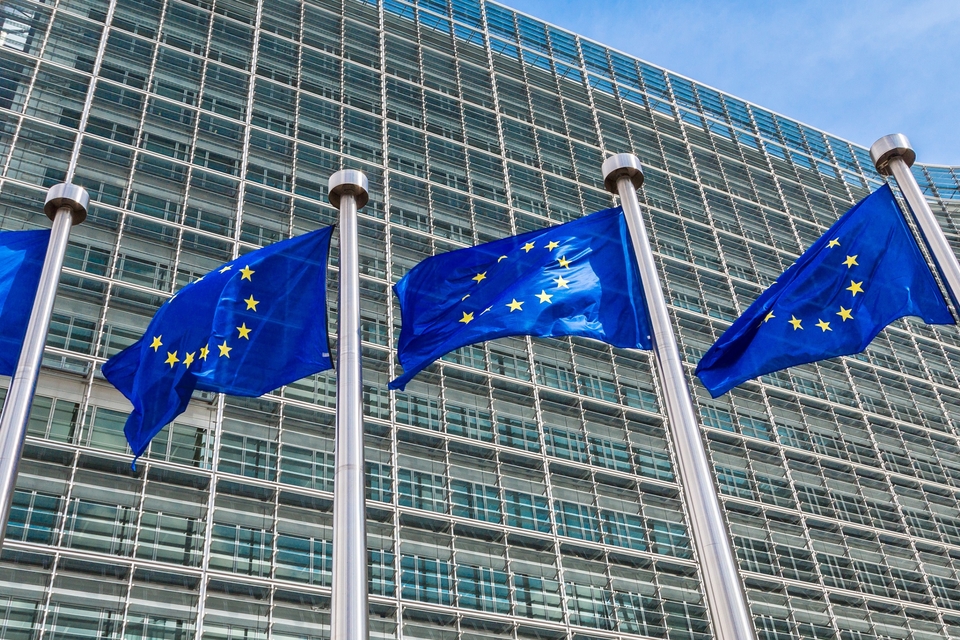
The successful implementation of the EU AI Act into national law is the primary focus for the Czech Republic, with its National AI Strategy being the main policy document.

The EU introduces the pioneering EU AI Act, aiming to become a global hub for human-centric, trustworthy AI.
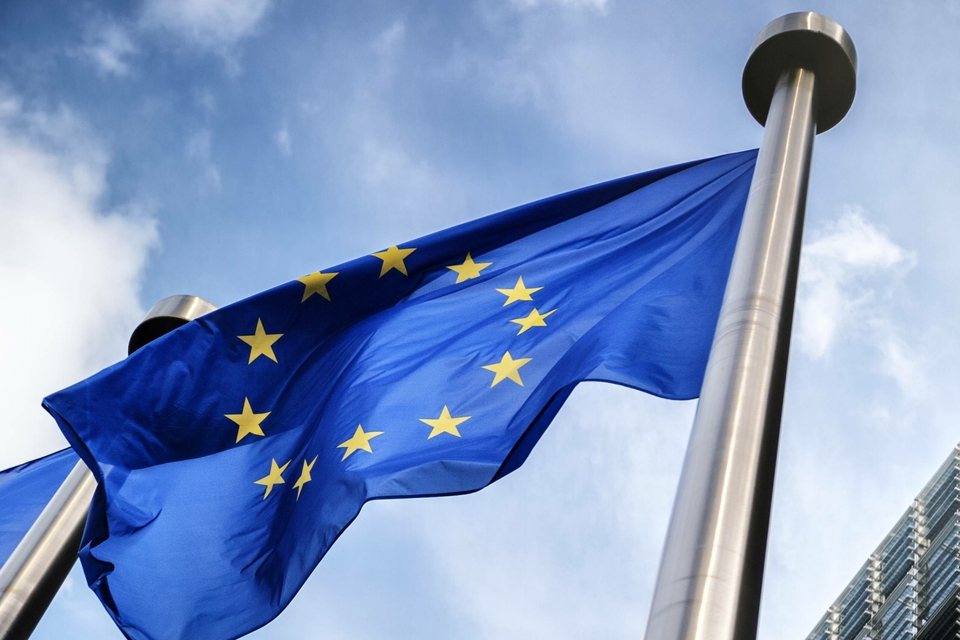
France actively participates in international efforts and proposes sector-specific laws.

The G7's AI regulations mandate Member States' compliance with international human rights law and relevant international frameworks.

Germany evaluates AI-specific legislation needs and actively engages in international initiatives.

Hong Kong lacks comprehensive AI legislative framework but is developing sector-specific guidelines and regulations, and investing in AI.

National frameworks inform India’s approach to AI regulation, with sector-specific initiatives in finance and health sectors.

Israel promotes responsible AI innovation through policy and sector-specific guidelines to address core issues and ethical principles.


Japan adopts a soft law approach to AI governance but lawmakers advance proposal for a hard law approach for certain harms.

Kenya's National AI Strategy and Code of Practice expected to set foundation of AI regulation once finalized.

Nigeria's draft National AI Policy underway and will pave the way for a comprehensive national AI strategy.

Position paper informs Norwegian approach to AI, with sector-specific legislative amendments to regulate developments in AI.

The OECD's AI recommendations encourage Member States to uphold principles of trustworthy AI.
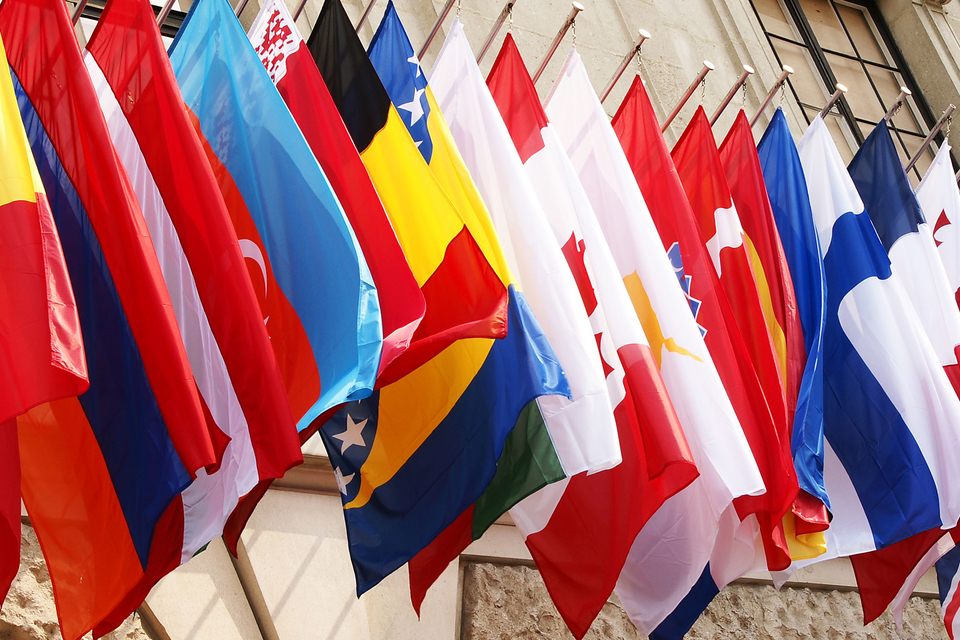
Saudi Arabia is yet to enact AI Regulations, relying on guidelines to establish practice standards and general principles.

Singapore's AI frameworks guide AI ethical and governance principles, with existing sector-specific regulations addressing AI risks.

South Africa is yet to announce any AI regulation proposals but is in the process of obtaining inputs for a draft National AI plan.

South Korea's AI Act has been promulgated as the fundamental body of law governing AI.

Spain creates Europe's first AI supervisory agency and actively participates in EU AI Act negotiations.

Switzerland's National AI Strategy sets out guidelines for the use of AI, and aims to finalize an AI regulatory proposal in 2025.

Draft laws and guidelines are under consideration in Taiwan, with sector-specific initiatives already in place.

Turkey has published multiple guidelines on the use of AI in various sectors, with a bill for AI regulation now in the legislative process.

Mainland UAE has published an array of decrees and guidelines regarding regulation of AI, while the ADGM and DIFC free zones each rely on amendments to existing data protection laws to regulate AI.

The UK prioritizes a flexible framework over comprehensive regulation and emphasizes sector-specific laws.

The UN's AI resolutions encourage Member States to adopt national rules to establish safe, secure and trustworthy AI systems and create forums to advance global cooperation, scientific understanding, and share best practices.
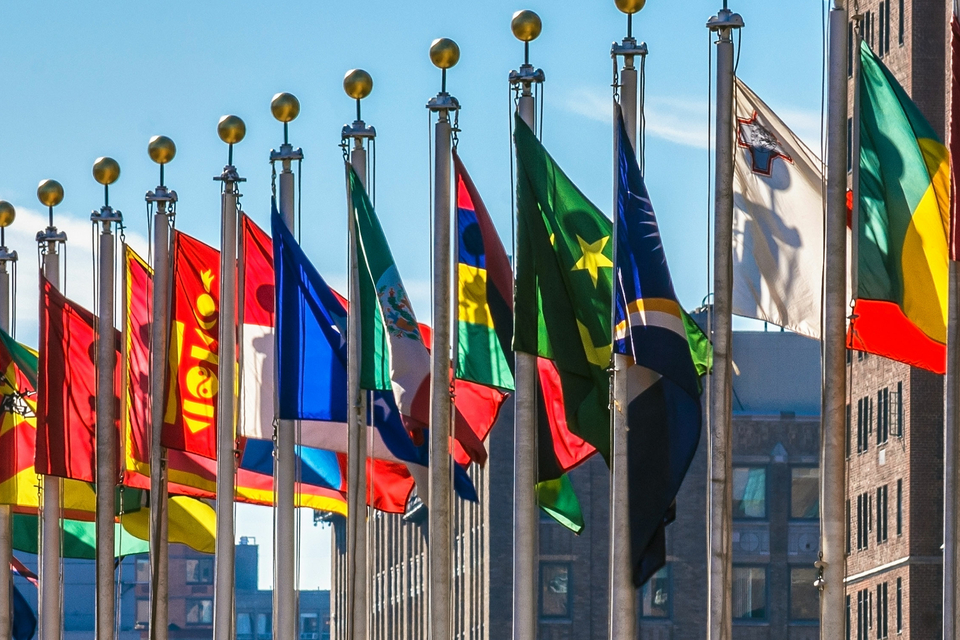
The US relies on existing federal laws and guidelines to regulate AI but aims to introduce AI legislation and a federal regulation authority.


Mainland UAE has published an array of decrees and guidelines regarding regulation of AI, while the ADGM and DIFC free zones each rely on amendments to existing data protection laws to regulate AI.
When considering applicable regulatory regimes and legal frameworks in the United Arab Emirates (UAE), it is important to keep in mind that the UAE comprises multiple jurisdictions which each have their own rules, regulations and, in some cases, regulators. For the purpose of this overview, the various jurisdictions within the UAE can be categorized as follows:
Mainland UAE is then technically divided into two further categories: first, there are approximately three dozen non-financial free zones; and second, there is onshore UAE "proper", being all the land which falls outside of the Financial Free Zones and the non-financial free zones
To complicate matters further, the UAE is also a federal state comprising seven emirates (Dubai, Abu Dhabi, Sharjah, Fujairah, Ras Al Khaimah, Ajman, and Umm Al-Quwain). Each Emirate has authority with respect to all matters that are not reserved by the Constitution to the Federation.
Mainland UAE
There is no single law or regulation that directly regulates artificial intelligence (AI) in Mainland UAE but rather a patchwork of decrees and guidelines issued over time that demonstrate the UAE's focus on being a global leader in the AI space. Some key developments and AI-related legislation in the UAE include:
In addition to the key developments and AI-related legislation set out above, various government bodies and regulators have also issued guidelines to support the development of best practices in the AI space. For example, the AI Office has published a series of non-binding national guidelines relating to AI, including:
In November 2021, the financial services regulators in the Financial Free Zones and in Mainland UAE, the UAE Central Bank (CBUAE), the Securities and Commodities Authority (SCA), the Dubai Financial Services Authority (DFSA), and the Financial Services Regulatory Authority (FSRA), jointly issued the Guidelines for Financial Institutions adopting Enabling Technologies (the "Enabling Technologies Guidelines").9
The Enabling Technologies Guidelines include suggested governance frameworks for areas, including:
Certain emirates, including Abu Dhabi and Dubai, have also recently announced the establishment of government bodies responsible for developing AI use in their respective emirates and integrated plans for advancing AI adoption. In Dubai, His Highness Sheikh Hamdan bin Mohammad bin Rashid Al Maktoum (as Chairman of the Board of Trustees of the Dubai Future Foundation) has also announced the "AI Retreat" at Dubai's Museum of the Future. The AI Retreat is an event under the Dubai Universal Blueprint for AI (DUB.AI) and is expected to host AI experts from the government, the private sector as well as global industry leaders with respect to the adoption of AI in the UAE.11
The Financial Free Zones
The ADGM and the DIFC have not any issued laws or regulations explicitly regulating AI. However, amendments have been made to existing data protection legislation that applies in the DIFC for the purpose of capturing AI-related developments, including a recent amendment to Article 10 of the DIFC Data Protection Regulations (the "DP Regulations").12
Article 10 of the DP Regulations governs "Personal Data Processed Through Autonomous and Semi-Autonomous Systems" whereby Autonomous and Semi-Autonomous Systems are defined as:
"Any machine-based system that can:
Article 10 of the DP Regulations also imposes obligations on deployers and operators of systems of autonomous and semi-autonomous systems.
In 2023, the ADGM and Mohamed bin Zayed University of Artificial Intelligence (MBZUAI) signed a Memorandum of Understanding, focused on advancing the role of AI to better achieve regulatory outcomes within the financial services sector.13
UAE Charter for the Development & Use of AI
On July 30, 2024, the UAE14 launched a new AI charter15 aimed at supporting its AI strategy16 for 2031, focusing on human wellbeing, safety, privacy, and transparency in AI development and use. The charter outlines 12 principles to ensure AI technologies are implemented ethically and inclusively, emphasizing governance, accountability, and compliance with international and local laws. The charter aims to promote the UAE as a global leader in AI by fostering a conducive environment for AI investment, research, and innovation.
Mainland UAE
As set out above, the UAE has been actively issuing numerous AI-related regulations and guidelines, demonstrating its commitment to establishing a robust framework for AI. Given the UAE's proactive stance and ambition to lead in the AI sector, the introduction of further regulations and guidelines is expected, reinforcing the UAE's determination to be a global leader in AI governance and innovation.
The Financial Free Zones
As noted above in the section titled “Laws/Regulations directly regulating AI”, save for the recent amendment to Article 10 of the DP Regulations, neither the DIFC nor the ADGM have issued any AI-focused regulations.
Mainland UAE
The following federal UAE laws have not been issued for the specific purpose of regulating AI, but should nonetheless be considered when deploying AI systems in the UAE:
The Financial Free Zones
Some existing DIFC and ADGM laws will apply to AI developments, most notably the DP Regulations (noted above in the section titled "Laws/Regulations directly regulating AI") have been amended to include developments with respect to AI.
Additional laws that should be kept in mind include:
Mainland UAE
Notwithstanding various AI-related laws and guidelines having been published, we are yet to see a single definition of AI used in Mainland UAE. However, the AI Office has, in the 2023 AI Adoption Guideline in Government Services, defined AI as "systems or machines that mimic human intelligence to perform tasks and can iteratively improve themselves based on the data they collect".19
The Financial Free Zones
The ADGM has not yet set out a definition of AI.
The DIFC's legislative framework does not explicitly provide a definition for AI, the recent amendment to Article 10 of the DP Regulations defines "Autonomous and Semi-Autonomous systems" as "any machine-based system operating in an autonomous or semi-autonomous manner" which can "process personal data for human-defined purposes or purposes that the system itself defines, or both; and generate output as a result of or on the basis of such Processing".
Mainland UAE
Generally speaking, other than criminal laws, regulations issued in Mainland UAE typically apply exclusively to goods and services provided or deployed in or from Mainland UAE, and not within Financial Free Zones. The Financial Free Zones operate under their own legal frameworks and regulatory bodies, tailored to their specific economic and business environments. However, as AI technology continues to evolve and its applications expand, there may be increasing efforts to harmonize regulations across Mainland UAE and the Financial Free Zones, to ensure a cohesive and comprehensive approach to governance, promoting consistency and fostering innovation across all jurisdictions within the UAE.
The Financial Free Zones
As noted above, there are currently no specific laws or regulation that directly regulate AI in the Financial Free Zones. However, the DP Regulations apply to all entities that process Personal Data from the DIFC and of persons in the DIFC.
Mainland UAE
The AI Office has taken a particular interest in the application of AI in government-related services such as healthcare, public safety and transportation as well as current UAE government priority sectors, including resources and energy, logistics and transport, tourism and hospitality, healthcare, and cybersecurity.20 As a result, many UAE government entities have begun implementing industry/sector-specific regulations. These include, among others, the Abu Dhabi Department of Health's Policy on the Use of Artificial Intelligence in the Healthcare Sector, and the Central Bank of the UAE's Guidelines for Financial Institutions adopting Enabling Technologies.
The Financial Free Zones
There are currently no specific laws or regulations that directly regulate AI in the ADGM. The DP Regulations apply across all sectors in the DIFC.
Mainland UAE
At present, there are no specific legally binding obligations imposed on developers, users, operators and/or deployers of AI systems. However, as mentioned above, the UAE government has created various non-binding guidelines, including the Enabling Technologies Guidelines, that provide guidance on the implementation of "approved and documented governance frameworks for effective decision-making and proper management and control of risks arising from the use of AI".21
The Financial Free Zones
Although the DIFC and ADGM have issued the Enabling Technologies Guidelines with the regulators in Onshore UAE, the DIFC has also introduced more stringent requirements in Section 10.2.2 of the DP Regulations for "deployers and operators" of "autonomous and semi-autonomous systems" (including AI), including an obligation for "deployers and operators" to provide clear notice of the use of AI and a description of the AI system's purposes and principles to users.
Mainland UAE
At present, the guidelines that have been issued in the UAE predominantly aim to establish best practices with respect to the use of AI technology and the laws provide powers to UAE government and other ministry bodies to establish regulatory frameworks governing the use and deployment of AI in the UAE. We expect that in the coming years, certain best practices and principles will develop which will shape a more robust regulatory framework to govern the use and deployment of AI in the UAE.
In addition, although we have started to see AI-related laws and regulations being issued in Mainland UAE, there is a risk that longstanding existing laws (such as those set out in the section title "Other laws affecting AI" above), which now apply to the use of AI, may not be fit for purpose. These existing laws were not originally intended to govern AI-related products and services, and their objectives may not align with the specific requirements and challenges posed by AI technology. This misalignment highlights the need for more targeted and updated regulations to effectively oversee the deployment and impact of AI systems.
The Financial Free Zones
As noted above, there are currently no specific laws or regulations directly regulating AI in the ADGM.
The DIFC's approach thus far has been centered around the risk that AI poses to data protection, particularly given the recent proliferation of machine-learning tools and generative AI that may actively collate and train themselves on user data.
Mainland UAE
There is no risk classification matrix in force; the focus of the UAE's deployment of AI has been to support specific high priority sectors – as noted in the section title "Sectoral Scope" above – rather than to categorize risks posed by AI itself.
The Financial Free Zones
Through the Data Protection Law No. 5 of 2020, the use of AI in data processing could constitute "High Risk Processing Activities" if it "creates a materially increased risk to the security or rights of a Data Subject or renders it more difficult for a Data Subject to exercise his rights". However, this risk categorization does not apply to AI alone and also applies to other data processing.
Mainland UAE
While various guidelines have been issued in the UAE, including the Enabling Technologies, generally speaking, we have not seen the issuance of binding standards or regulations. Such guidelines appear to set out best practices and principles that "institutions are expected to consider the application of" AI to their businesses.
The Financial Free Zones
The DP Regulations require operators to give explicit notice to users accessing systems that incorporate AI technology about the role of AI in both data collection and processing. The DP Regulations also outline "General Requirements for Autonomous Systems", including a binding set of principles in respect of which AI "deployers and operators" must ensure systems are designed to comply.
Mainland UAE
As mentioned above, the UAE has created the AI Office, and appointed a Minister of AI and the AIATC, for the purpose of regulating projects, investments and research related to artificial intelligence and advanced technology in the emirate of Abu Dhabi.
The UAE government has also established the UAE Council for Artificial Intelligence and Blockchain to oversee the integration of AI throughout the UAE government and "review national approaches to issues such as data management, ethics and cybersecurity".22
The Financial Free Zones
The Innovation Team at the DFSA and Financial Technology and Innovation Unit of the FSRA jointly published the Enabling Technologies Guidelines that specifically address AI with the CBUAE and SCA. Therefore, it is likely that these bodies will play a role in the future regulation of AI. From a data protection perspective, the DIFC Commissioner of Data Protection is responsible for overseeing enforcement of the DP Regulations.
Mainland UAE
We are yet to see enforcement action being taken against operators in the UAE AI space. This is because the regulatory framework and best practices are still under development. As AI deployment is still in its early stages, it appears that the focus is on establishing comprehensive guidelines and regulations that can effectively govern the technology rather than taking enforcement action and issuing penalties.
The Financial Free Zones
The absence of any laws, rules or regulations relating to AI specifically in the Financial Free Zones means that no AI-specific enforcement powers exist. Existing DIFC and ADGM enforcement powers and penalties continue to apply, however.
1 Please see here
2 Please see here
3 Please see here
4 Please see here
5 Please see here
6 Please see here
7 Please see here
8 Please see here
9 Please see here
10 Please see here, p. 11
11 Please see here
12 Please see here
13 Please see here
14 Emirates news agency press release here
15 See text of AI Charter here
16 See text of AI 2031 strategy here
17 Please see here, Article 1
18 Please see here, Article 5 and 7(d)
19 Please see here, p. 8
20 Please see here and here
21 Please see here, para 2.6
22 Please see here, p. 22
White & Case means the international legal practice comprising White & Case LLP, a New York State registered limited liability partnership, White & Case LLP, a limited liability partnership incorporated under English law and all other affiliated partnerships, companies and entities.
This article is prepared for the general information of interested persons. It is not, and does not attempt to be, comprehensive in nature. Due to the general nature of its content, it should not be regarded as legal advice.
© 2024 White & Case LLP